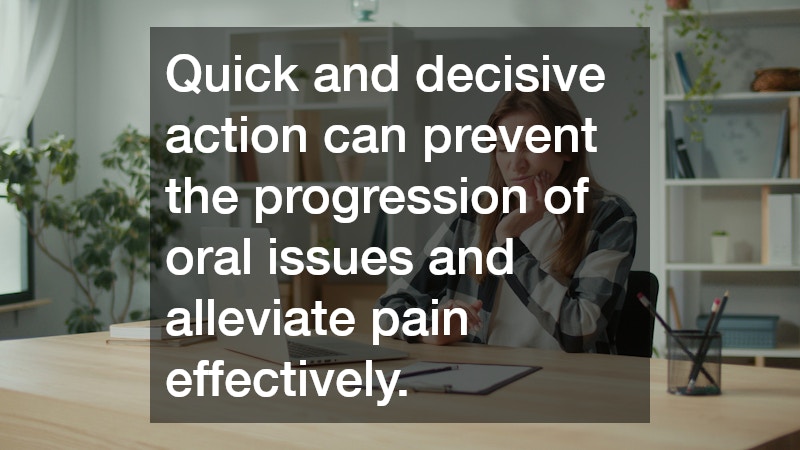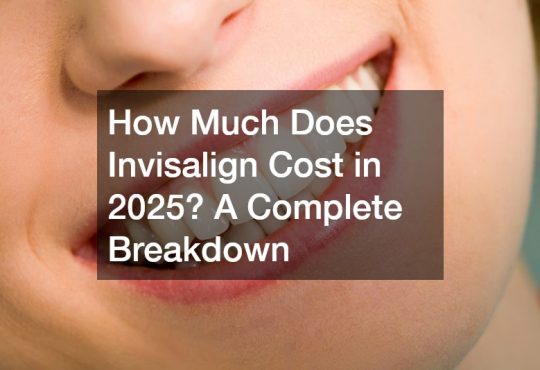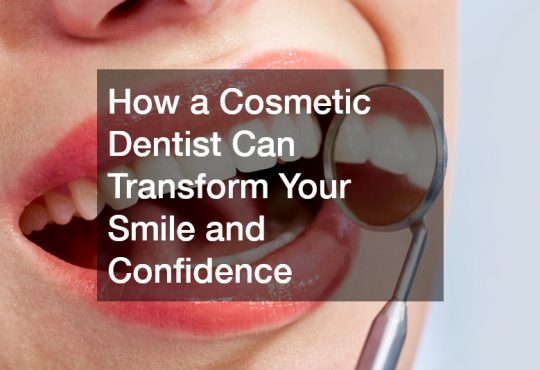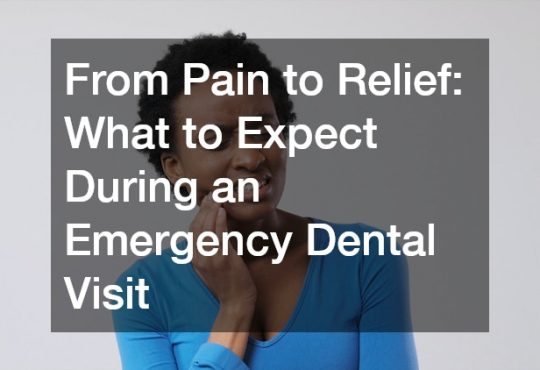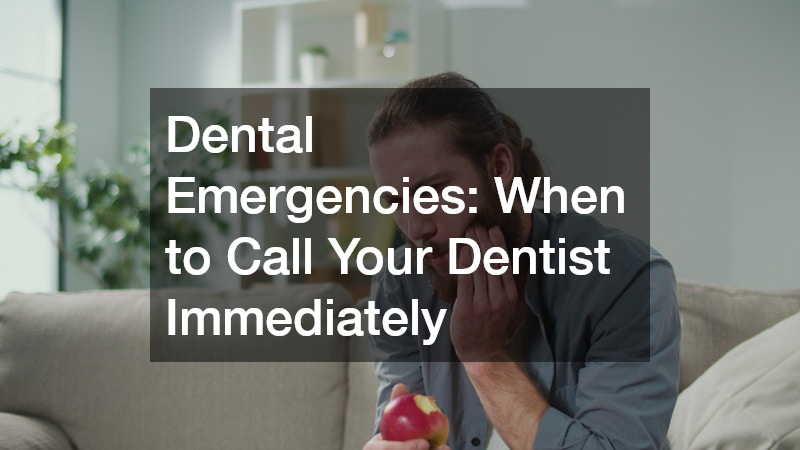
Dental Emergencies When to Call Your Dentist Immediately
Disclaimer: The material provided is designed to inform readers about oral health and preventive care. It should not be considered medical advice. Consult a registered dentist for guidance specific to your oral health needs.
Dental Emergencies: When to Call Your Dentist Immediately
Understanding dental emergencies is crucial to maintaining good oral health and knowing when you need to seek professional help immediately. Quick and decisive action can prevent the progression of oral issues and alleviate pain effectively. This article will address common questions and situations that signify a dental emergency.
What is Considered a Dental Emergency?
Common Symptoms Indicating a Dental Emergency
Recognizing common symptoms that suggest a dental emergency is vital for timely intervention. Severe toothache, often accompanied by throbbing pain and sensitivity to temperature, is a clear signal that something is amiss. Additionally, swelling around the face or gums can complicate breathing or swallowing, indicating an urgent need for a dentist’s assessment.
Bleeding from the mouth that can’t be controlled after an injury or spontaneously indicates a severe underlying issue requiring prompt care. Additionally, sudden and unbearable pain should always be evaluated by a dental professional, as it might point toward an abscess or infection. A neglected infection can progress quickly, leading to systemic health complications.
A rapid response to these symptoms not only alleviates discomfort but also prevents conditions from worsening. By understanding the line between discomfort and emergency, patients can prioritize their oral health effectively. Even if symptoms appear mild at first, professional evaluation is vital to ensuring the issue is thoroughly addressed.
Difference Between Urgent and Non-Urgent Dental Issues
Differentiating between urgent and non-urgent dental issues is crucial to avoid unnecessary panic or neglect. Urgent issues, such as loose teeth from trauma or lost crowns, require immediate dentist consultations to prevent further damage. On the other hand, minor toothaches or chipped teeth with no pain can often wait for a scheduled appointment.
Non-urgent issues are typically manageable with over-the-counter solutions until a professional evaluates them during regular office hours. However, continuous monitoring of symptoms is necessary, as non-urgent issues can escalate without proper care. A knowledgeable approach can provide a balanced path, avoiding undue anxiety over manageable conditions.
By distinguishing between urgent and non-urgent situations, patients save time and resources while ensuring that truly critical cases receive timely attention. Understanding this differentiation is key to maintaining oral health without the stress of unwarranted emergency visits. Clear communication with dental professionals can guide patients in making informed decisions.
When Home Remedies Aren’t Enough
Home remedies offer temporary relief in dental emergencies but often fall short for serious conditions requiring professional care. For instance, saltwater rinses and cold compresses can alleviate pain and swelling, but they don’t address the root of an infection or injury. Persistent pain, despite these remedies, indicates that a more advanced intervention is necessary.
Relying solely on home remedies can delay critical treatment, allowing issues like abscesses or fractures to worsen. It’s important to recognize when symptoms go beyond what home remedies can handle, as faster intervention improves outcomes. Visiting a dentist ensures that the underlying causes are properly diagnosed and treated, preventing further complications.
While some online sources suggest DIY fixes, these can sometimes exacerbate the problem, highlighting the need for professional advice. The expertise and equipment available at a dentist’s office provide comprehensive solutions beyond the temporary relief offered by home methods. Prioritizing a dentist’s guidance assures that oral health doesn’t spiral into more severe health issues.
Should I Go to the Emergency Room or Call My Dentist?
Conditions That Require ER Visits
In certain scenarios, the severity of a dental injury necessitates an immediate visit to the emergency room. Conditions such as jaw fractures or dislocations, excessive bleeding that won’t stop, or signs of infection with symptoms like fever require swift emergency care. Life-threatening conditions, especially those affecting the airway or swallowing, must be addressed in the ER for immediate management.
The ER is better equipped to stabilize patients in critical conditions before specialized dental treatment can be administered. For injuries involving cranial or facial trauma, an integrated approach with emergency physicians and dental professionals is often required. Awareness of these indicators ensures that patients seek the appropriate level of care promptly, minimizing health risks.
While routine dental care is beyond the ER’s scope, their ability to provide initial emergency treatment is unparalleled. Patients should prioritize ER visits when facing acute conditions that could compromise their overall well-being. Correctly assessing the situation guides whether an ER visit is prudent or if dental care can wait until lighter symptoms are managed.
Understanding Dentist Capabilities in Emergencies
Dentists are capable of handling a wide range of emergencies that don’t involve immediate life-threatening conditions. Their expertise in managing acute oral issues, such as severe pain, broken teeth, or infections, ensures timely intervention. Dental offices are usually equipped with the tools necessary to diagnose and treat a variety of urgent issues efficiently.
However, there are limits to the care dentists can provide, especially when conditions overlap with severe physical trauma or systemic health concerns. Collaborative care with other medical professionals may be advised for certain complex or multifaceted conditions. Understanding what dentists can address helps patients seek the appropriate help promptly, optimizing their treatment outcomes.
Overall, while dentists are incredibly skilled in emergency oral care, they operate within specific boundaries. Knowing these strengths, patients can make informed decisions about where to seek care during critical moments. Effective communication between the dentist and patient can greatly enhance the emergency care process, ensuring swift and appropriate actions are taken.
Coordination Between ER and Dental Professionals
There are occasions when coordination between ER staff and dental professionals is necessary to manage complex dental emergencies. Severe trauma, such as maxillofacial injuries or extensive oral infections, often benefits from a collaborative approach. In such cases, interdisciplinary communication ensures that all aspects of care are comprehensively addressed.
This cooperation allows for seamless transitions from emergency stabilization to specialized dental treatment when immediate life-saving measures are paramount. ER professionals can handle immediate needs such as pain management and stabilization, before transferring to dental experts for further specialized care. Ultimately, this integrated approach improves patient outcomes and recovery times.
Coordination between disciplines minimizes the risk of gaps in care and ensures that all health aspects are covered. Understanding when a joint approach is warranted empowers patients to advocate for comprehensive attention from all relevant healthcare providers. Such collaboration can be essential in preserving both oral and overall health following emergencies.
How to Handle Dental Emergencies Until You Can See Your Dentist?
Immediate Steps for Common Emergencies
Prompt action during a dental emergency greatly influences outcomes and prevents further complications. In cases of knocked-out teeth, gently reinserting the tooth and maintaining moisture in milk or saliva can preserve it for potential reinsertion. For objects lodged between teeth or oral cuts, cautious washing and minimal disruption are advised to avoid aggravating the injury.
Ice packs are also helpful for managing swelling while patients await professional care. Being prepared with basic knowledge of immediate first-aid steps diminishes anxiety and helps control the situation effectively. Acting swiftly and decisively in these emergencies supports better healing and reduces the likelihood of permanent damage.
Overall, the importance of remaining calm cannot be overstated; maintaining composure allows for the logical execution of these actions. These crucial initial steps align with professional guidelines, ensuring that adherence to best practices is maintained even in stressful situations. Preparation and informed actions can safeguard oral health until professional intervention is available.
Temporary Pain Relief Solutions
While awaiting professional dental care, temporary pain relief solutions can considerably ease discomfort. Over-the-counter pain medications like ibuprofen are effective for temporarily reducing inflammation and pain. Topical anesthetic gels provide short-term relief directly to the affected area, numbing nerve endings and decreasing discomfort.
Rinsing with warm saltwater not only soothes the area but also helps in cleaning the mouth and preventing infection from spreading. These methods, combined with cold compresses, can provide an interim defense against debilitating pain. However, while these solutions are helpful, they should be seen as temporary until professional care is sought.
Balancing these temporary measures with prompt dental consultation optimizes oral health management following emergencies. Patients should avoid relying too heavily on at-home treatments, as they mask symptoms without addressing the underlying cause. Immediate and diligent attention from dental professionals is imperative following any temporary pain relief strategy.
Preparing for a Dental Emergency
Preparation is key to effectively managing dental emergencies and reducing associated stress. Maintaining a dental emergency kit with essentials such as gauze, pain relievers, and dental wax can prove invaluable. Knowing the contact information of your dentist and nearby emergency services ensures that help is readily accessible when needed.
Familiarizing oneself with basic first-aid steps for dental incidents can significantly increase response efficacy. Alongside physical items, mental preparedness should be emphasized to facilitate calm reactions during emergencies. A thorough understanding of potential scenarios equips individuals to safeguard their oral health proactively.
An awareness of family health history and any unique vulnerabilities can also guide preparations and emergency response. Regularly updating and checking this emergency kit consolidates readiness, ensuring all required items remain available. Ultimately, preparation embodies the principle of prioritizing health through readiness and prudence in all potential circumstances.
Conclusion
Knowing when to call your dentist and how to handle dental emergencies can prevent complications and ensure your oral health is prioritized. The synergy of swift action and proper knowledge serves as a robust defense against dental emergencies. Remember, while preparedness is important, securing professional, timely dental care remains paramount in managing oral emergencies effectively.
